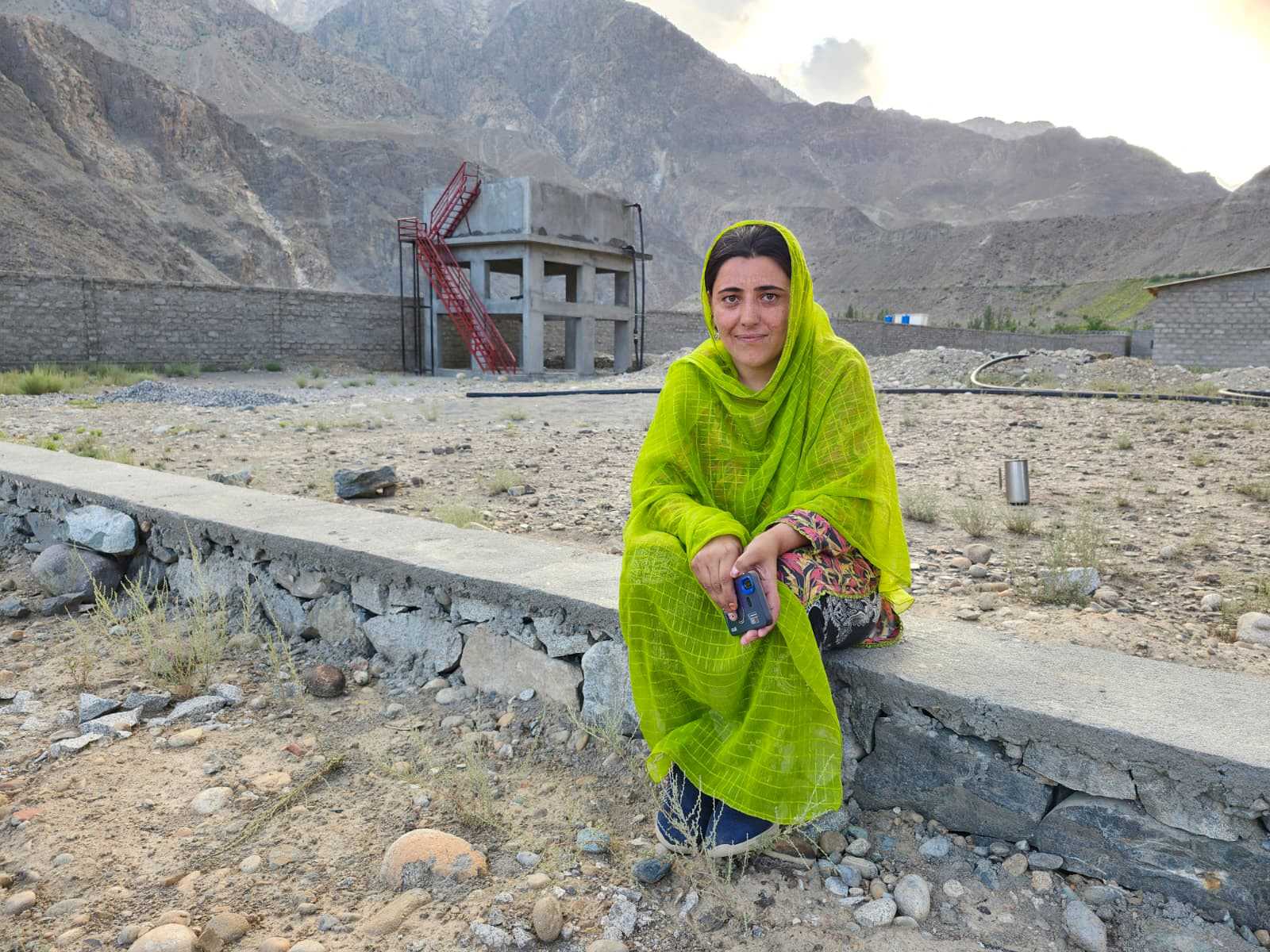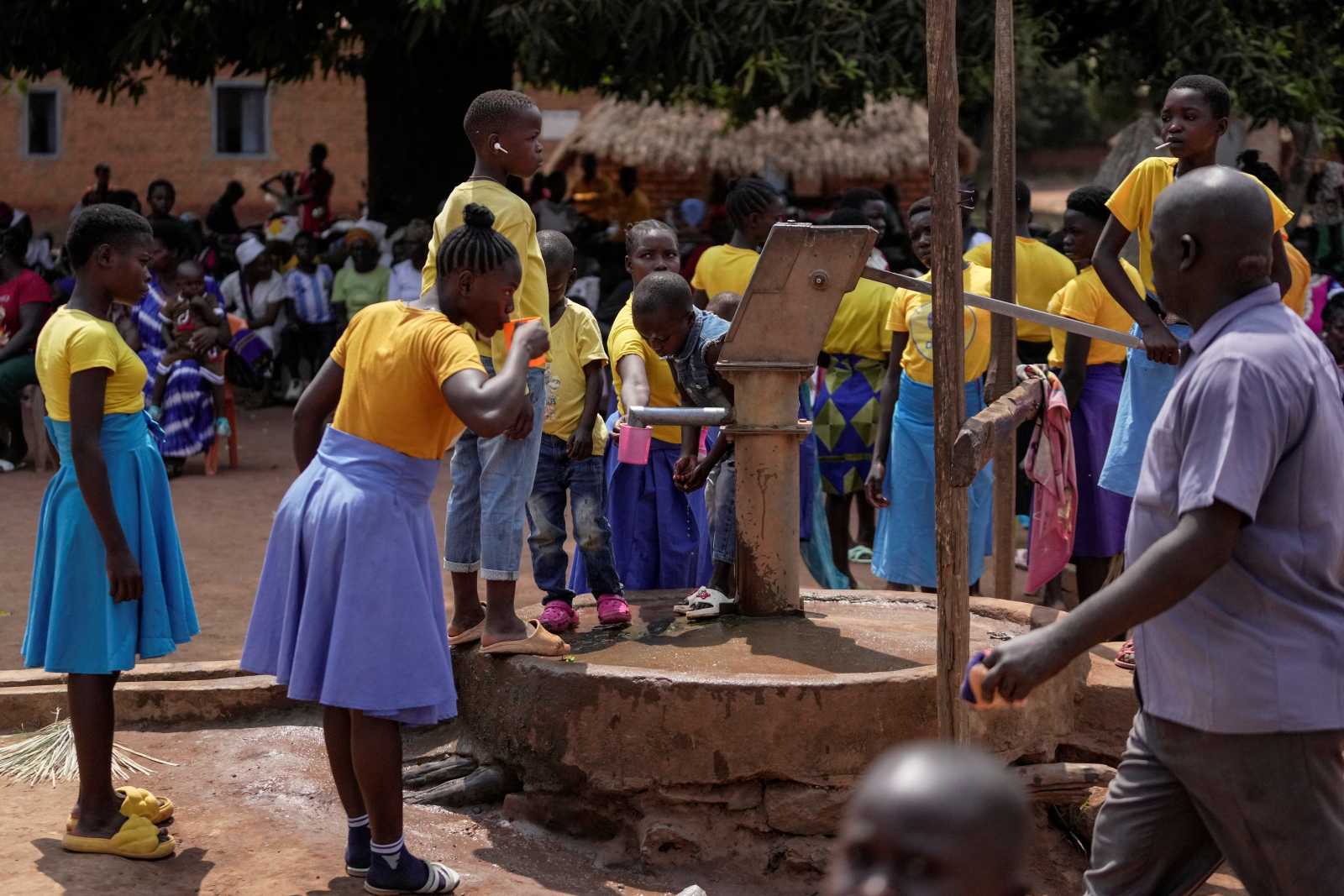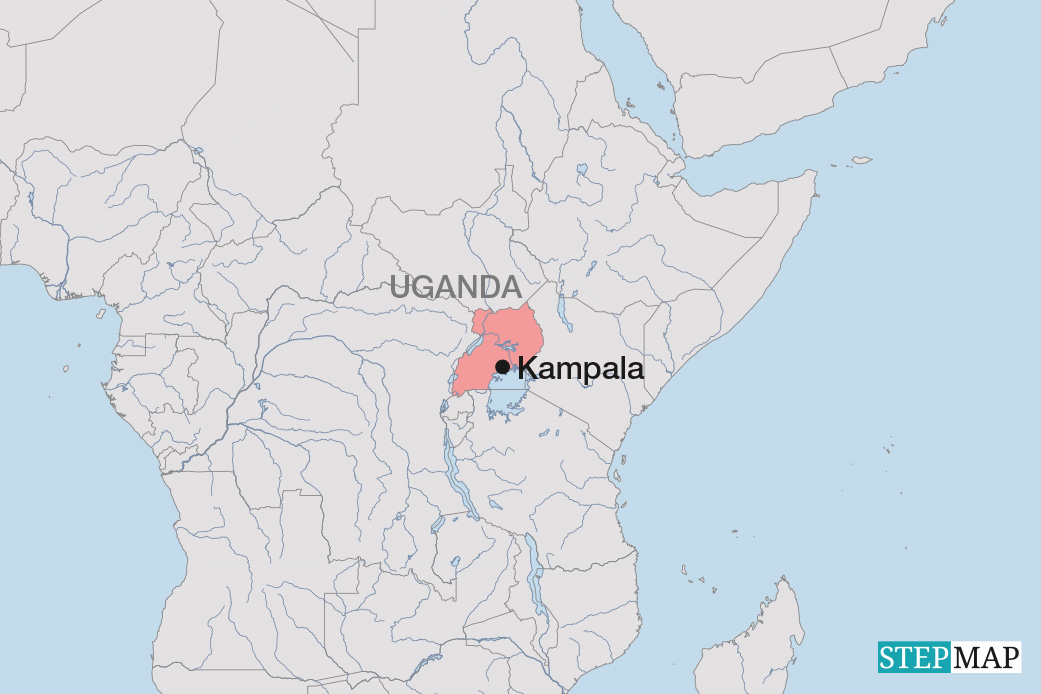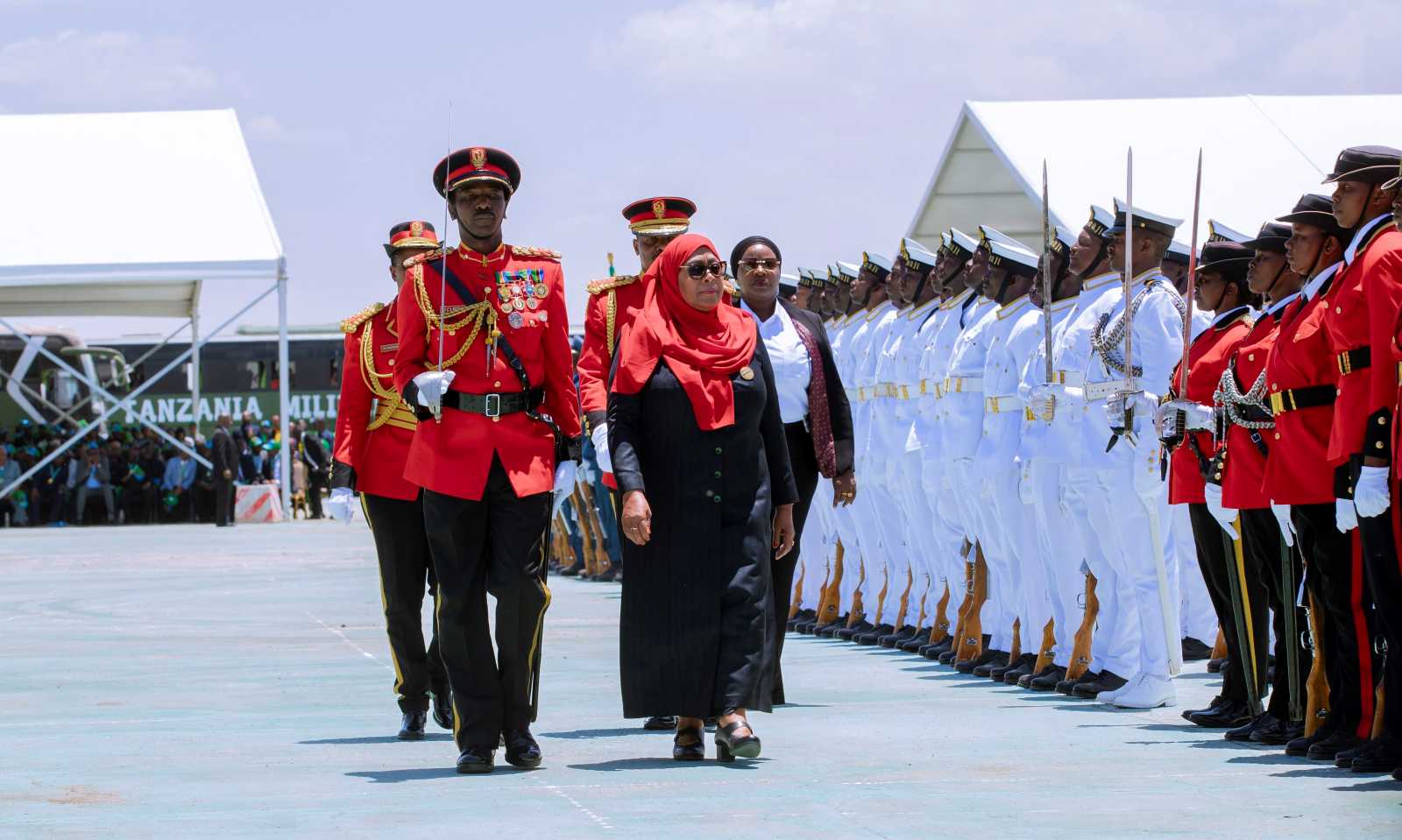Disaster control
How to manage global risks effectively
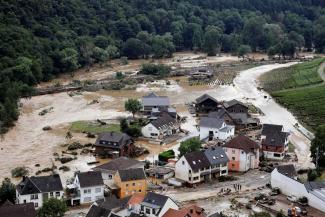
“We have limited knowledge of disaster risk management”, says Sade Gawanas, until January mayor of Windhoek, the capital of Namibia. Compounding the problems, the data on what kind of disaster would affect which communities in what ways, is quite limited – and that is not only true in African countries.
Indeed, no one had expected how devastating the heavy rains of summer 2021 would prove in Germany’s Ahr valley. Flood waters killed at least 134 people. Experts pointed out that Germany had several lessons to learn.
One of them is that Germany needs an early warning system that relies on cell phones. Accordingly, 8 December was declared national warning day. At eleven in the morning, mobile devices were supposed to ring all at the same time together with the city sirens. But not all of them did.
Even if they had, experts wonder whether that would have been sufficient for effective disaster management. Once warned, citizens will know that a catastrophe is on the way, but they also need to know how to respond. Should they run upward, or are they more likely to find some safe space in lower places? Which location nearby is safe? And what can be done in case of technological failure? Quite obviously, moreover, the response to a flood must be different from the response to a forest fire.
To protect people, adequate communication and information are essential. Risk assessments and disaster-management strategies should be designed with the support of scientific insights. Global challenges – such as the climate crisis – require action at the local level. These issues were debated at a symposium organised in Bonn in December by the Development and Peace Foundation (SEF) in cooperation with Engagement Global (EG) and the Federal Ministry for Economic Cooperation and Development (BMZ).
Involving the people
Instead of implementing ideas top-down, experts agree that efforts should involve grassroots communities. Involving stakeholders and taking their suggestions into account creates a sense of ownership, which fosters broad acceptance and deeper understanding of the issues.
Awareness raising is essential. People need to be trained to take risks seriously. Regular drills and workshops are helpful. Street-theatre performances can improve outreach. However the information is shared, it must be expressed in simple language, so everyone will understand it. In many countries, schools do not address disaster risks, their causes and appropriate behaviour properly. It makes sense to update curricula accordingly. Ramian Fathi of Wuppertal University argues that society in general must be involved in prudent disaster-communication strategies.
In disadvantaged world regions, resources are scarce. A big challenge is to use existing facilities as effectively as possible. It may simply be unaffordable to install a new siren system, for example, so relying on the mobile phones most people have makes more sense.
To spread information properly, however, those in positions of responsibility need reliable data. In low-income countries, there typically is a lack of good statistics. Countries should thus improve international cooperation on these matters, helping one another to close research gaps. Most disasters, moreover, do not stop at national borders. Climate-induced displacement can affect several countries and – indeed – the international community as a whole.
Promising initiatives
The challenges are huge, but there are some promising initiatives across the globe. One example concerns Ahmedabad in India. In the summer, temperatures rise to over 45 degrees, and hundreds of people die every year in the heat. Dilip Mavalankar from the Indian Institute of Public Health explains that the institute launched a Heat Action Plan, which includes information campaigns regarding sensible behaviour. It also provides sunscreen lotions and coolers at the roadside.
In Malawi, reports Julius Ng’oma of the country’s Civil Society Network on Climate Change (CISONECC), efforts are underway to combine traditional knowledge with modern science. He confirms that involving locals in planning and implementation of measures fosters a sense of ownership. Their interest in the issues increases when they see they are taken seriously and their inputs are prioritised.
The experts at the Bonn symposium agreed that human behaviour has caused – and is exacerbating – phenomena like deforestation, urban growth, resource extraction, the erosion of ecosystems and global heating. Harmful activities must be stopped. If the dangerous trends are not mitigated, adaptation and disaster management will prove impossible.
Suparna Banerjee is a Frankfurt-based political scientist.
mail.suparnabanerjee@gmail.com

